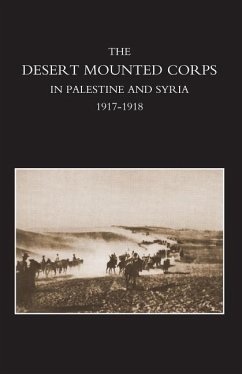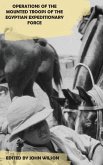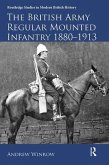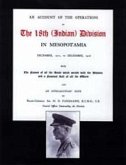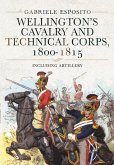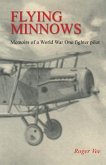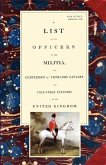For many observers, the Great War, with its static trench lines and new mechanical technology - i including the arrival of the aircraft, the machine gun and the tank - wrote a final full stop to the long history of the horse in warfare. But if the western front proved frustrating for the Cavalry, it was not the same story in the Middle Eastern theatre, as this fine book shows. As Lieutenant-General Harry Chauvel, commander of the Desert Corps, writes in his introduction; the book ' demonstrate(s) to the world that the horse-soldier is just as valuable in modern warfare as he ever has been in the past. Indeed, the whole of the operations in Palestine and Syria, under General Allenby, were text-book illustrations of the perfect combinations of all arms, both in attack and defence, and the last operations in this theatre, which led to the total destruction of Turkish Arms and the elimination of Germany's Allies from the War, could not have been undertaken without large masses of Cavalry'.The Desert Corps was formed in Egypt in June 1917 when the energetic Sir Edmund 'Bull' Allenby took command of the Allied forces in the Middle East. Initially composed of three divisions, the arrival of the Indian Cavalry Division from France augmented the mounted Corps early in 1918. It played a major part in driving the Turks from the Suez Canal zone, and then across the Sinai Desert into Palestine. A cosmopolitan Corps, the Desert Cavalry was composed of troops from Australia, New Zealand, India and France as well as Britain. On top of determined enemy resistance, the Corps coped with intense heat, dust, sandstorms and insect bites in summer; and freezing cold and heavy rains in winter. The Corps' role in reconnoitering and occupying Sinai; Gaza; Palestine; Jordan and finally Syria were crucial to Allenby's success in capturing Jerusalem and Damascus and finally crushing Ottoman Turkish domination of the Middle East and helping to end the Great War in 1918. At a time when western forces are once again engaged in active operations in the Middle East, this book, written by a veteran of the campaign, will interest all serious students of military history in general and the role of the Cavalry in particular.
Hinweis: Dieser Artikel kann nur an eine deutsche Lieferadresse ausgeliefert werden.
Hinweis: Dieser Artikel kann nur an eine deutsche Lieferadresse ausgeliefert werden.

